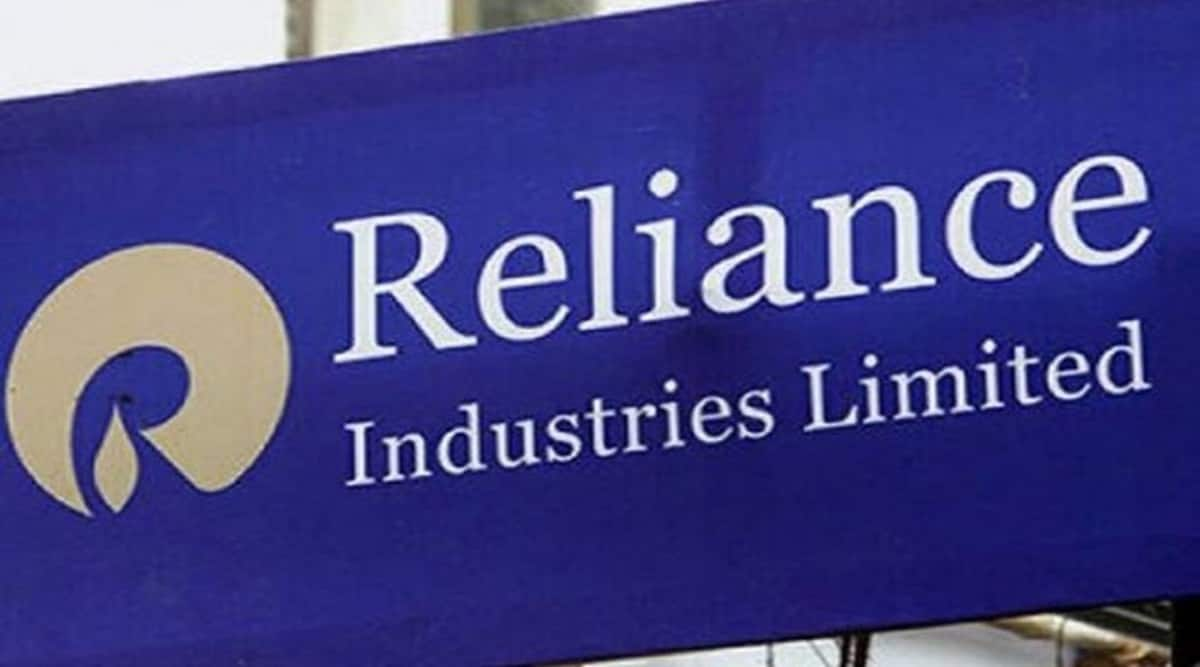
To curb spike in future prices, the government has extended concessional duties on edible oil imports by six months to March 31, 2023.
At present, crude palm, soyabean and sunflower oils imports attract only the 5% agri infra cess and a 10% education cess upon it, meaning a total tax incidence of 5.5%. Basic customs duty waiver was applicable till September 30 as per the notification issued in February 2022.
Currently, the basic customs duty on refined varieties of palm oil is 12.5%, while social welfare cess is 10%. So the effective duty is 13.75%.
Also Read: F&O expiry day: Sensex gives up 59000, fresh uptrend in Nifty likely above 17700 breakout; what dragged D-St?
Similarly, the basic customs duty on refined soyabean and sunflower oil is 17.5% taking into consideration 10% social welfare cess, the effective duty comes to 19.25%.
In addition to this measure, the government in May had allowed tariff-free imports of crude soyabean and sunflower oils during this financial year and the next. The tax waiver will be subject to an annual cap of 2 million tonne (mt) for each oil, which will more than suffice to meet the needs of domestic refiners and ease supplies in the domestic market.
India imports about 55% of its annual edible oil consumption. Annual imports of edible oil is around 13 mt, mostly palm oil (8 mt), soyabean (2.7 mt) and sunflower (2 mt). While palm oil is imported from mostly Malaysia and Indonesia, soyabean and sunflower oils are imported mostly from Argentina and Ukraine.
Palm oil prices rose sharply globally when Indonesia, the biggest exporter of oil, had imposed a ban on palm oil exports on April 28, which was lifted after three weeks.
According to trade data, landed prices of palm oil, which has a share of more than 56% in India’s import basket, fell by more than 11% to $1,080 a tonne on Thursday, from a year ago.
However, soyabean and sunflower oil prices have rose by 6% and 12.6%, respectively, to $1,445/tonne and $1,530/tonne, respectively. These two have a combined share of 43% in India’s edible oil import bill.
With the decline in global edible oil prices especially in the last three months and lower import duties, the retail prices of edible oils have come down considerably in the domestic market. According to data from the department of consumer affairs, modal retail prices of edible oils — mustard, soya, sunflower and palm oil — have declined in the range of 10-20% in the domestic market since June 1.
However, BV Mehta, executive director, Solvent Extractors’ Association of India said that the government will need to revisit the duty structure in October when the domestic kharif oilseeds crops like soyabean arrivals begin so that prices are not depressed.
The edible oil and fat category saw inflation at 7.5% in July 2022 while it was 9.36% in June 2022, mostly contributed by sharp spikes in domestic prices of edible oil in the last one year.


